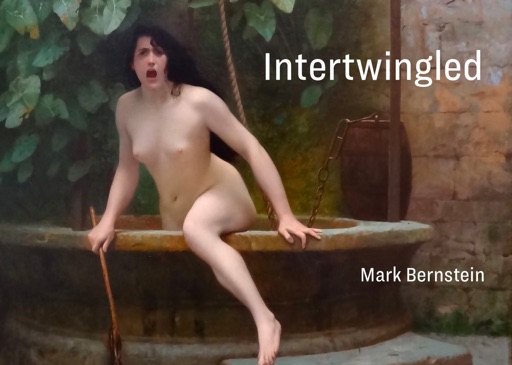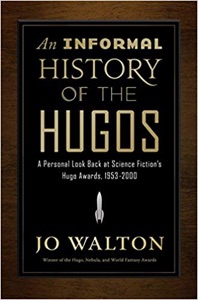From Haaretz, a devastating in-depth account of The Fake Nazi Death Camp: Wikipedia’s Longest Hoax, Exposed. (See previous notes Wikipedia Broadcasts a Blood Libel and Wikipedia And The Jews.)
Eastern European and Russian operatives, aided by PR firms and lots of allied volunteers, have discovered that editing teams can easily manufacture what Wikipedia mistakenly believes to be consensus. Worse, Wikipedia has stumbled into a fatal asymmetry. Desperate to restore civility, Wikipedia deplores any suggestion that an edit is anti-Semitic or racist: that, according to the Arbitration Committee, suggests that the editor is anti-Semitic or racist. That’s a personal attack! As a result, it’s entirely permissible to indulge dog-whistles and thinly-veiled anti-Semitic tropes, and impossible to challenge them.
That’s what happened in the episode Haaretz covered. A team of Polish nationalists sought to systematically overstate Nazi attacks on gentile Poles and to minimize their attacks on Polish Jews. Editors caught them. The editors who complained have been topic-banned and banned. The nationalists remain. It’s a replay of the Infamous Gamergate episode in which Wikipedia’s Arbitration Committee responded to Gamergate attacks by banning Gamergate’s opponents.
Also noting that on Wikipedia today:
- Orlando Cepeda is “a Puerto Rican” baseball player
- Minnie Minoso “ was a Cuban” baseball player
- Rod Carew is a baseball player “of Panamanian descent.”
- Didi Gregorius is “a Dutch” baseball player.
- Xander Bogaerts is “an Aruban-born Dutch” baseball player.
On the other hand, Carl Yastrzemski is just “‘American”. So is Ted Williams. So is Moe Drabowsky, who was born in Poland. This cleverly suggests that some baseball players are more American than others.
The difference? Yaz, Williams, and Drabowsky are white.



